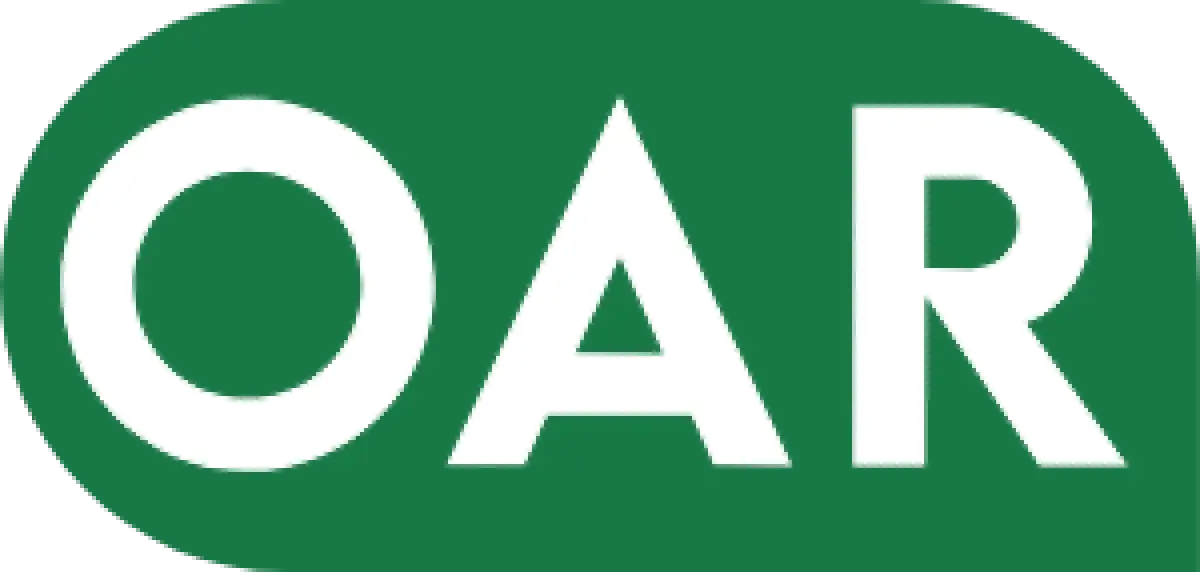In-House vs. Outsourced Accounts Receivable: The Benefits Comparison
Jun 06, 2024

Due to its significance in today's business environment, deciding how to manage accounts receivable—whether internally or through outsourcing—requires careful consideration.
Read further as we'll explore the factors businesses must consider when choosing between in-house management and outsourcing.
In-House and Outsourced Accounts Receivable Management Comparison
Managing accounts receivable in-house uses a company's employees and resources, allowing for full control, direct oversight, and quick adjustments. However, it requires training, software, and salary investment, potentially leading to higher long-term costs. Staff may have deep knowledge of the company but might lack specialised AR management skills, impacting effectiveness.
On the other hand, outsourcing accounts receivable management involves external agencies with specialised expertise and advanced technologies for efficient debt recovery. While relinquishing some control, businesses benefit from the accounts receviable agency’s experience and resources. Outsourcing incurs upfront fees but can be more cost-effective in the long term by reducing overheads and streamlining operations.
In-house management adapts quickly to changing needs but requires significant time and effort for customer relationships. Outsourced agencies manage communication and professional relationships but may lack a personal touch.
The choice depends on a company’s needs, resources, and priorities. Both options have advantages and challenges, requiring careful consideration.
| Aspect | In-House Accounts Receivable Management | Outsourced Accounts Receivable Management |
| Control |
|
|
| Cost |
|
|
| Expertise |
|
|
| Flexibility |
|
|
| Communication and Customer Relationships |
|
|
Skill Requirements for In-House AR Management Teams
In-house accounts receivable management teams require a blend of financial acumen and interpersonal skills to handle invoice collection effectively.
- A thorough understanding of accounting principles and financial regulations ensures compliance with legal requirements and industry standards.
- Proactive problem-solving abilities enable the team to anticipate payment delays and devise risk mitigation strategies.
- Proficiency in using accounting software and other relevant technologies is essential for streamlining processes and maintaining up-to-date financial records.
- Strong organisational skills enable the team to prioritise tasks, manage workload efficiently, and meet deadlines consistently.
- Adaptability and resilience are crucial traits, given the dynamic nature of financial transactions and the need to navigate complex payment scenarios.
- A customer-centric approach is vital, as accounts receivable teams often serve as clients' primary point of contact for payment-related inquiries, requiring empathy, patience, and professionalism in all interactions.
Expertise Offered by Outsourcing Accounts Receivables Providers
Outsourcing accounts receivables providers offer a range of expertise tailored to streamline and optimise businesses' accounts receivable processes.
- Firstly, they bring in-depth knowledge and experience in credit management, debt collection, and financial reconciliation, enabling them to efficiently handle receivables from diverse industries.
- Their expertise extends to credit risk assessment, allowing them to evaluate customers' creditworthiness and establish appropriate credit terms.
- Outsourcing providers employ advanced technologies and software platforms to automate invoicing, payment reminders, and reconciliation tasks, improving accuracy and efficiency while reducing manual errors.
- They provide comprehensive reporting and analytics capabilities, offering valuable insights into receivables performance, cash flow projections, and customer payment behaviours. This analytical prowess enables businesses to make data-driven decisions to improve credit policies and minimise bad debt risks.
- Professional accounts receivable agencies often have dedicated teams of professionals trained in negotiation and dispute resolution. These experts are adept at handling overdue accounts and resolving payment disputes amicably. Their proactive approach to communication and follow-up ensures timely payment collection and fosters positive customer relationships.
- In addition to their operational expertise, outsourcing providers offer scalability and flexibility to adapt to businesses' changing needs. Whether handling fluctuations in transaction volumes or expanding into new markets, they can adjust their resources and strategies accordingly. This scalability minimises the burden on internal resources and allows businesses to focus on core activities while ensuring optimal receivables management.
Hire OAR to Improve Your Accounts Receivable Process
Technology and Tools Used by AR Management Firms
Technology is vital for efficiency in accounts receivable management. Outsourcing AR firms use various tools and software to improve debt collection and financial results.
- Customer relationship management (CRM) systems help in-house teams maintain detailed debtor interaction records.
- Automated email and messaging platforms aid customer communication by sending reminders and notifications.
- Online payment portals offer convenient options for prompt invoice settlement.
- Data analytics tools aid in-house teams in identifying payment trends for targeted recovery strategies.
- Document management software securely stores and retrieves debt-related documents.
- Task management platforms aid in prioritising tasks and ensuring timely follow-up on overdue payments.
- Collaboration tools enhance team communication and productivity in accounts receivable tasks.
Accounts Receivable Risk Management
Risk management is crucial in both in-house and outsourced accounts receivable management. In-house teams employ diverse strategies, such as credit checks and strict credit policies, to mitigate non-payment risks. They also monitor payment trends and customer behaviour to anticipate potential defaults.
Outsourced AR firms similarly prioritise risk management to safeguard their clients' financial interests. They utilise advanced analytics tools to assess debtor creditworthiness and identify high-risk accounts. Additionally, experienced professionals negotiate payment terms and resolve disputes effectively to mitigate risks.
Professional accounts receivable management agencies collaborate with legal experts to ensure compliance with regulations and minimises legal risks for both in-house and outsourced approaches. The goal of risk management in both settings is to balance debt recovery and minimise losses. Ultimately, effective risk management is essential for maintaining financial stability and ensuring the long-term success of AR management.
Contact Us to Manage Your AR Related Risks
Making the Decision
Deciding between in-house and outsourced AR management demands thorough assessment. Businesses need to evaluate internal capabilities, staff expertise, and resources. They should also consider the complexity of AR operations and outstanding debt volume to determine AR outsourcing suitability.
Financial factors, including upfront and recurring expenses, alongside potential long-term savings, are pivotal. Additionally, businesses must consider the level of control desired over the AR process and its alignment with strategic goals. Comparing the expertise and efficiency of outsourcing firms with in-house teams is also essential.
 Author: Giles Goodman, Commercial Intervention Officer OAR
Author: Giles Goodman, Commercial Intervention Officer OAR
Giles Goodman is the definitive expert in cross-border commercial debt collection, mediation, legal recovery, and accounts receivable. Based in London, his 25 years of experience provide a global perspective on preventing defaults and efficiently managing overdue accounts. Giles’s insights and analyses empower business owners worldwide with strategic approaches to financial management and recovery.

Take control of your cash flow.
Streamline Vendor Onboarding & Boost Payments Worldwide.
Contact Us
OAR | Copyright 2025


